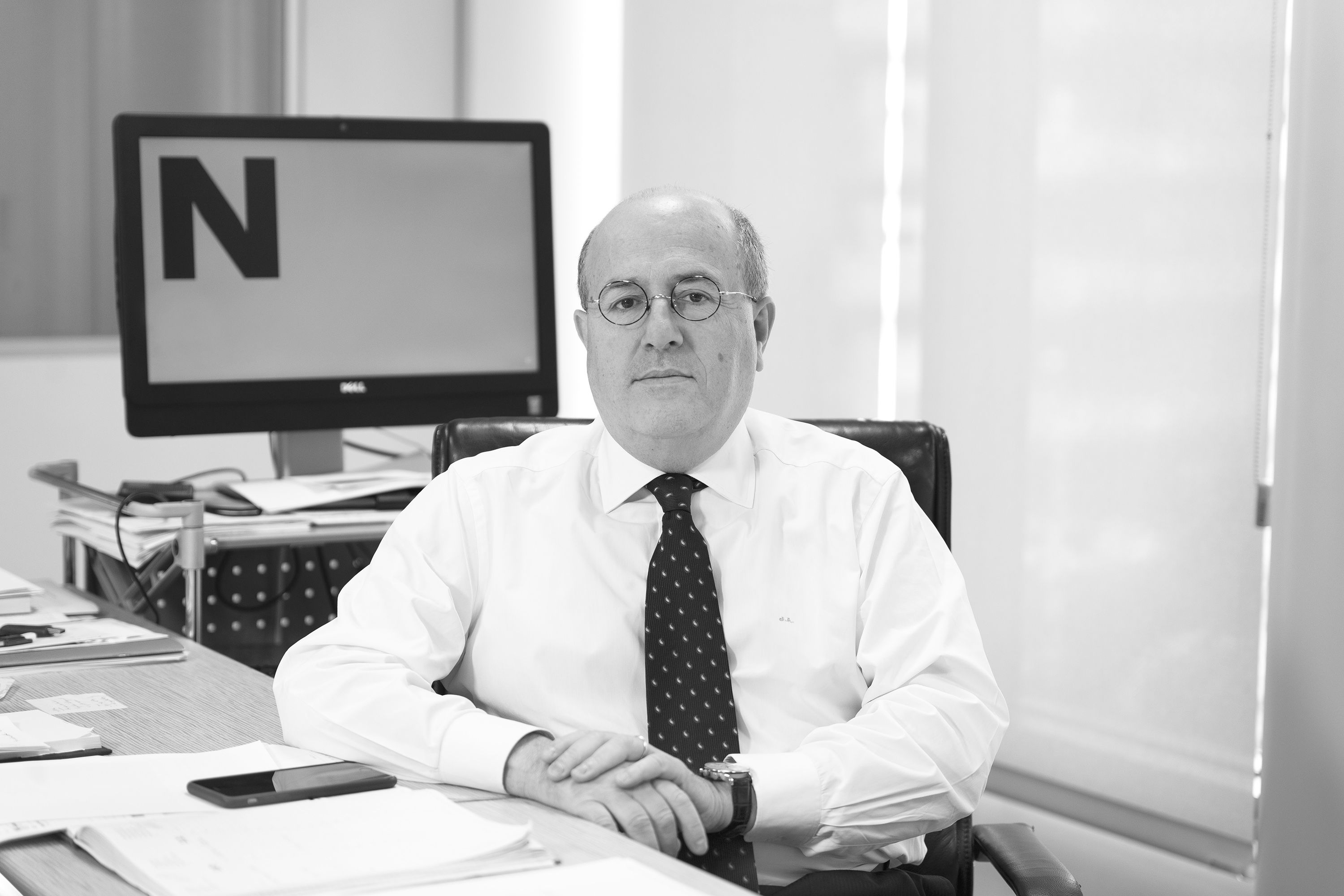Your last day in Lledoners prison has the feeling of the last day of class. Getting your things together, choosing well what you're going to take to Soto del Real, preparing to have dinner and going to sleep knowing that they'll wake you early, very early, since the police van prepared by the Mossos (Catalan police) has to be at Brians 2 first thing in the morning. It's an order from the senior management of the prison service. News arrives that the start of the trial is delayed a week. It's 3pm. Nobody is certain of anything but nor does it seem to worry them much. There are also voices saying that the transfer should be delayed if the trial is postponed. By mid-afternoon, they've all got their travel kitbags packed with their personal items. Oriol Junqueras's is, surely, the smallest. His belongings don't fill even half the bag. And he laughs. Like when he was relaxed in the Parliament talking with journalists. Few clothes, few books and few papers. Whatever he leaves in the prison will be given to his lawyers. Well, the television is already stored away. Raül Romeva can't fit everything in and Junqueras, a lover of order, jokes about whether he'll lend him space or not in his.
Jordi Sànchez, the only one with visitors this afternoon, is with Parliament deputy and the Crida's number two, Toni Morral, and his lawyer in a room they've got the right to use. He's ready for the trial too. They all are. They'd like to be already in front of the court which will try them. At the moment, the differences there may have been between them and which some have magnified so much seem smaller. The trial shouldn't be the moment of the division of the independence movement; but it can be leverage to show the Spanish state as a repressive state which only achieves its objectives with the use of force. With the extreme use of force, as was shown on 1st October. Junqueras's objective, as always, remains another referendum agreed between Madrid and Barcelona; a referendum recognised by the public and verified internationally but without renouncing any democratic path, as occurred on 1st October.
And to close wounds. Junqueras needs time and space to explain his side. Everything has a second sentence, a clarification, a complementary explanation. It's known that he doesn't like making headlines, his media advisers know that well. He says he's not happy about, and nor does he understand the fuss caused by his latest statements to Le Figaro in which he defends his position of having opted for prison instead of going into exile. These will be his last comments on the matter, at least for the next few months.
"I'm convinced I took the best decision. My place is here. I've always been clear about that. Before and now. That said, exile is a prison too. We prisoners have validated the exiles and they, with their legal fight, are validating our defence. In the end, we complement each other and that's the important thing. Exile and prison are two sides of the same coin: repression. And they are and we have to make them complementary". That's what he has to say, word-for-word, wanting to put an end to the controversy.
At 5.30, Romeva tells him they have to finish up a formality with the lawyer who's come to the prison. In my notebook are his reflections on matters as varied as the industrial revolution, Galicia, Ernest Lluch, Barça, the bourgeoisie, banks, businesspeople, unions, university, his collaborators, his party, the PP, Pedro Sánchez, Aznar, the budget, the press, prison, Vox, the Crida, their strategy, their unity, violence, En Comú, the elections... He's not lost the appetite for talking about everything. Nor his curiosity. And he shares his opinions on this and that jovially. His words won't see the light of day in the short term. That's the agreement.

